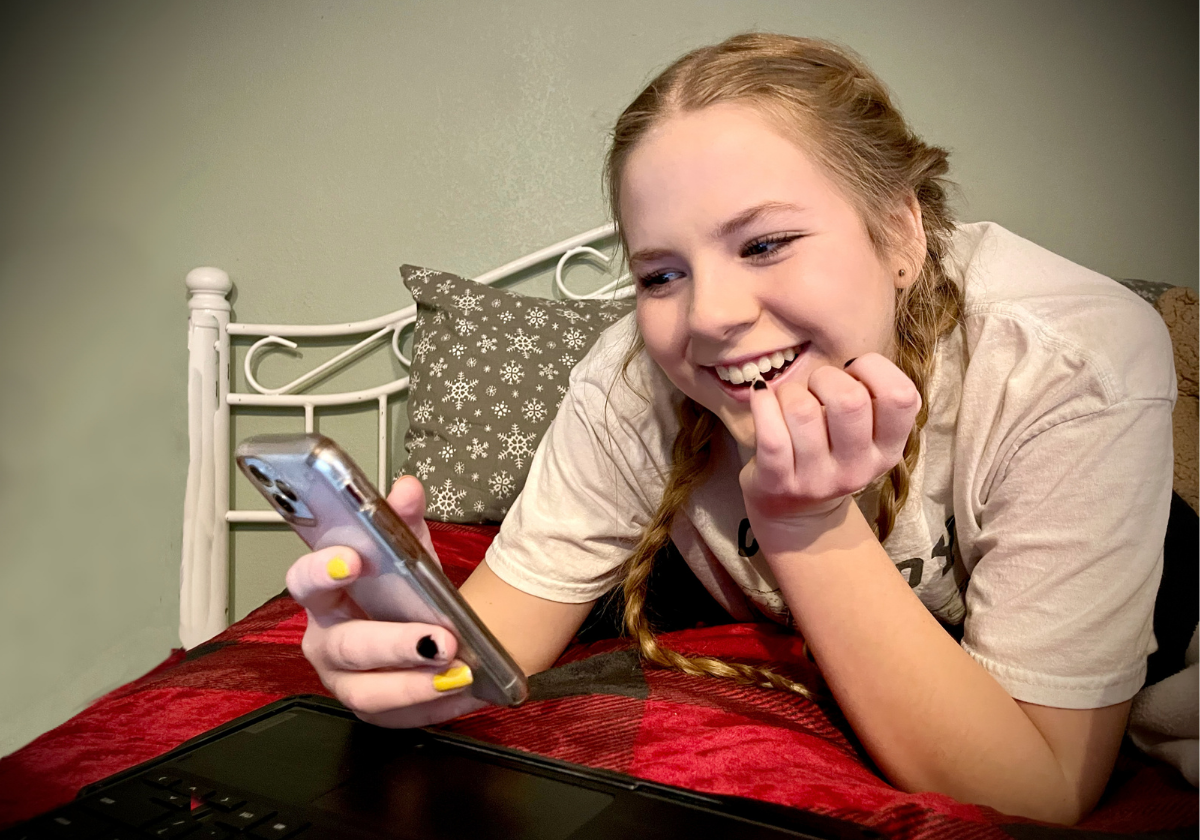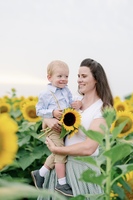Teach Your Child the Art of Making Friends
Children who don't develop social skills in the elementary school years are more likely to have problems getting along with people later when they are teenagers and adults. Showing love and support for your child is an essential part of nurturing friend-making skills. Children can't reach out to others when they don't feel secure. You can also set a good example by showing that you value your own friendships.
To further develop social skills, teach your child how to:
- React appropriately to personal actions and those of others ("Excuse me." "Thanks.").
- Enter into an ongoing conversation ("Yes, that's a really good book") rather than changing the subject.
- Ask others about their intentions and wishes ("What would you like to do?").
- Refrain from self-promotion— ("I, I, I" and "my, my, my").
- Use phrases that encourage interaction—such as "You know what?"
- Recognize friends' feelings, without jumping to premature conclusions. "Manny may have yawned while you were talking because he was tired, not because he thinks you are boring."
- Respect friends— even when they disagree.
Brought to you by:
As a parent, there are some ways you can help, says pediatric behavioral health specialist Kristen Eastman, PsyD.
“If your child doesn’t appear to make friends like other kids the same age, they may just need some coaching and practice time on simple social skills,” she says.
She offers these tips to help you assess the situation and give your child a much-needed boost of confidence in approaching social situations.
Take time to observe and understand how your child socializes
Model positive social behavior
Role play at home
Give your child a head start
Reinforce and praise
Get the ball rolling
Don’t avoid the problem
Don’t compare your child to yourself or other siblings
Teach Your Child the Art of Making Friends
Every child is different and some need more socializing than others. You should always remember to be realistic about your child's unique personality and temperament, which is ultimately driving the interaction that they seek. People can often gravitate towards a few VERY close friends or they have dozens of casual friends. Regardless of the number of relationships, they chose to have at any point in time in their life, you should assist them in developing healthy open, and honest relationships.
This song, I hope you know, was written by Forest Blakk for his Nana and it shows the beautiful bond that they shared.
I absolutely love this:
"I hope you know
I hope you know you’re with me everywhere I go
And I just called to hear your voice
Because the road that I’ve been walking
And the time between us talking
Is so much longer now
But I still call you home
I hope you know"
If you would like to hear more of Forest Blakk's new EP 'Every Little Detail'! Download/stream: https://forestblakk.lnk.to/ELDID
Listen to "Another Love Song": https://forestblakk.lnk.to/AnotherLov...
Subscribe to his channel: https://forestblakk.lnk.to/SubscribeID
Connect with him online:
Website: https://www.forestblakk.com
Facebook: https://www.facebook.com/forestblakk
Twitter: http://twitter.com/forestblakk
Instagram: http://instagram.com/forestblakk
Text me: 1-310-496-3464
#ForestBlakk #IHopeYouKnow #EveryLittleDetail
children friendship healthy relationships pediatrics school social skills




